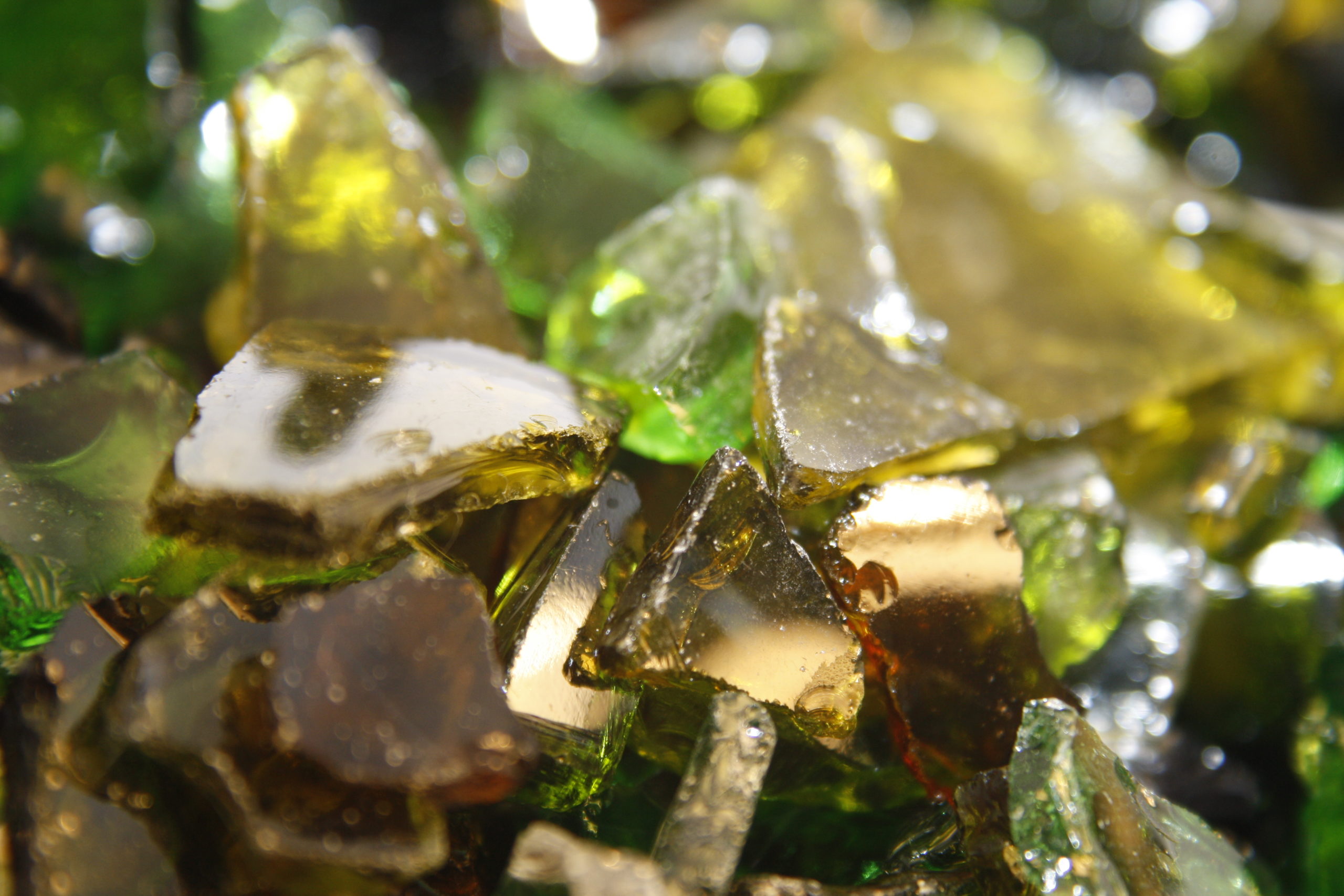OPINION: Before the coronavirus pandemic, the climate crisis was headline news, raising public awareness of the need to take responsibility for our actions.
In some ways the pandemic has prompted positive environmental outcomes and behavioural change which will undoubtedly benefit our planet in the long term.

Reduced travel has contributed to significant reductions in carbon emissions with recent analysis reporting a decline of 25% across China during its lockdown.
However, there is a risk that social distancing and heightened hygiene measures resulting in additional demand for single-use sterile protective equipment, gloves, face masks and other plastics will drive more waste into landfill in the long run.
In addition, the UK has suspended the plastic bag fee for online grocery deliveries and the once applauded reusable coffee cup has been banned by coffee chains such as Starbucks, meaning a complete turnaround on environmental progress in some sections of the food and drink sector.
These and other measures have obviously been put in place to protect us from the spread of the virus and should be temporary; however as consumer anxiety rises, it is difficult to see how we will return to our old normal.
Instead, we must make better long-term choices to avoid sleep walking into a deeper crisis.
Responsibility
Individuals and businesses must take responsibility, making a firm commitment to more sustainable packaging, effective waste management and recycling, keeping as much waste as possible out of landfill and incineration.
“Individuals and businesses must take responsibility”
The 2017 PackFlow report which was commissioned to assess the flow of packaging and recycling in the UK is under review for 2020, acknowledging the considerable impact of Covid-19 on the packaging supply chain.
The report will set revised business recycling targets for 2021 and 2022 and look at the long-term consequences of the current crisis on the packaging recovery note (PRN) system.
Viable packaging
Choosing more viable packaging such as glass and metal where possible is one way in which waste can be better managed and a circular economy achieved.

Glass not only provides a premium product, but has many environmental benefits.
It is recycled in a closed loop system, creating no additional waste and can be recycled infinitely with no loss of quality.
It is 100% recyclable and requires less energy to recycle than to manufacture from raw materials, resulting in a 20% reduction in related air pollution and 50% in related water pollution.
Last month FEAD, the European federation representing private waste management companies, called for EU investment in waste recycling and treatment capacity as part of its post-coronavirus green recovery plan.
UK business leaders have also called for the UK government to ensure the climate agenda features in any post pandemic strategy.
Challenges
Covd-19 continues to present world leaders with immediate risk to the health and safety of all people so it stands to reason that the handling of the pandemic must take centre stage for the time being.
However, beyond coronavirus climate change remains the world’s greatest challenge and poses a much greater threat in the longer term.
As the world emerges from lockdown, measures to offset catastrophic environmental damage and encourage a circular economy must play a pivotal role in recovery strategies.












Subscribe for free